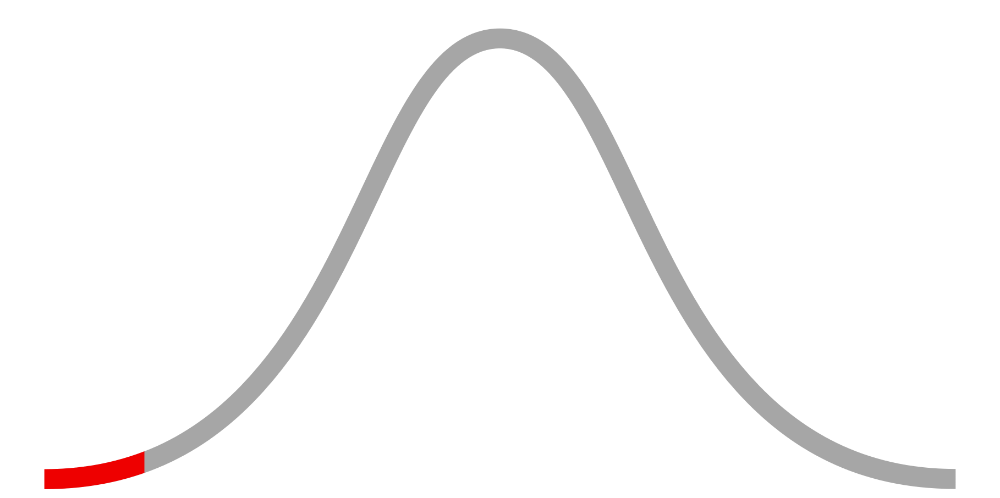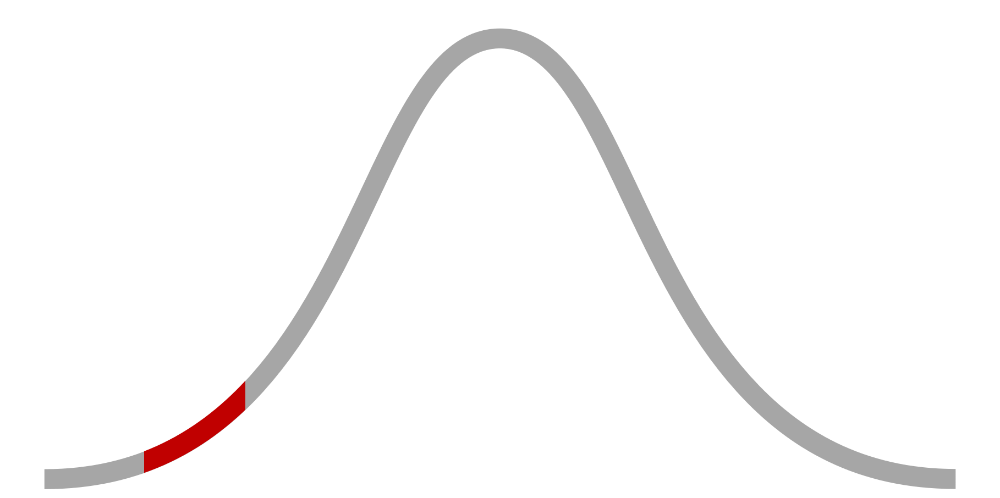Info
© 2026 Feels Co.
 Summary & key points
Summary & key points
In the movie Sex and the City (2008), Carrie is about to get married to John James Preston, or Mr. Big, and he gets cold feet while watching Carrie in his limousine. Carrie and Mr. Big speak on the phone and he tells her that he can't get married to her. Then, Mr. Big changes his mind as he is being driven and spots Carrie in the car on the other side of the road. They both pull over, get out, and confront one another. Although Mr. Big apologizes and seems as though he wants to get married – the events were too much for Carrie to bear – and she lashes out with her words and flowers at Mr. Big. She explains how she knew that he was going to do that, and how he humiliated her, all before Carrie's friends take her back into a vehicle and exit. Carrie's tears, physical aggression, and feelings of humiliation highlight an extreme instance of the Emotion attribute.
Select media ©
HBO Entertainment. Learn more











